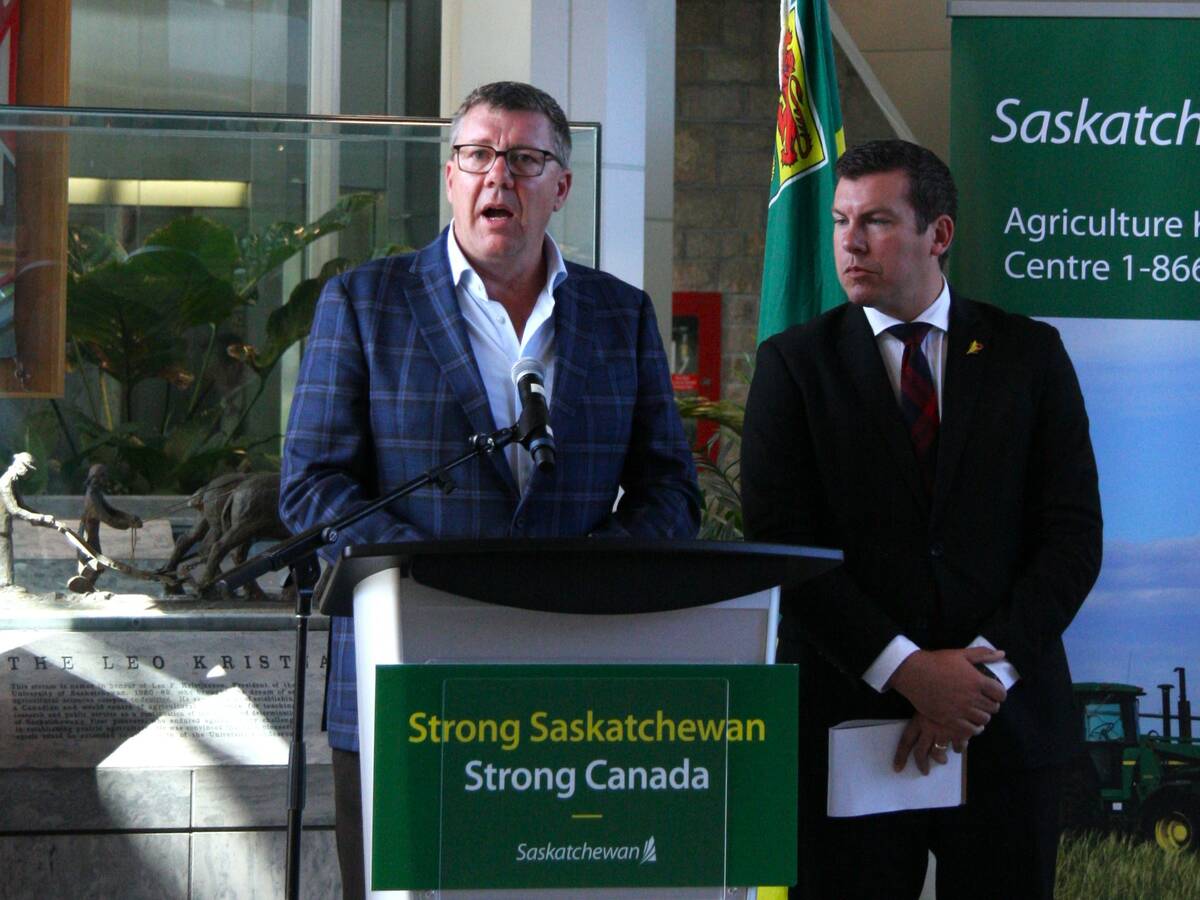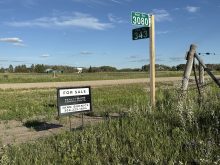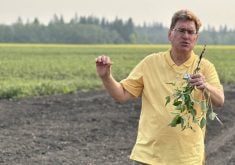Doug Collins can’t remember the last time a Liberal candidate was elected in the provincial riding where he lives.
Collins, a farmer and truck driver by profession, lives in one of the strongholds of provincial Tory support in Manitoba. Farming forms the backbone of that riding as it does in several other Progressive Conservative strongholds.
“People don’t look at the candidate per se. They look at the party,” said Collins, a resident of the Turtle Mountain constituency in southern Manitoba. “It’s almost like a religion here.”
Read Also

Key actions identified to address canola tariffs
Federal and Saskatchewan governments discuss next steps with industry on Chinese tariffs
Collins ran as a Liberal candidate during the previous two provincial elections. He was defeated each time, unable to pry the constituency from the hands of the Conservatives.
Rural ridings in southern Manitoba tend to be where many of the province’s Tory faithful are found. The Liberal and NDP parties will again try to shake that faith during Manitoba’s provincial election Sept. 21.
Senator Sharon Carstairs, a former Manitoba Liberal leader, said much of the Tory clout in rural ridings comes from “successful, fiscally conservative” farmers who advocate free enterprise.
“There has been a natural mix between the philosophy of the Conservatives and the philosophy of those individual farmers.”
Carstairs’ star shone during the 1989 Manitoba election, when she was still leader of the province’s Liberal party. The Liberals went into the election with one seat and came away with 21, enough to make them the official opposition.
It was a landmark election for the Liberals, but the greatest gains were made in urban ridings. The Conservatives stayed in power, thanks in part to the farm vote.
Collins suggested there is a danger in showing so much reverence for one political party. He believes his riding is taken for granted by the Tories, allowing them to neglect those who support them the most.
“Our area has suffered for it tremendously,” he said.
Jim Downey, a veteran Tory MLA from southwest Manitoba, thinks otherwise. He said the Conservatives take no ridings for granted, and are as committed to rural constituents as they are to urban dwellers.
When asked why he thinks the Tories dominate in several rural ridings, Downey drew attention to the province’s farm disaster assistance program, a symbol of what he sees as the party’s continued commitment to farmers.
The program, aimed at farmers who were flooded this spring, includes a payment of $50 per unseeded acre, a sum sure to buy goodwill when they go to the polls.
















